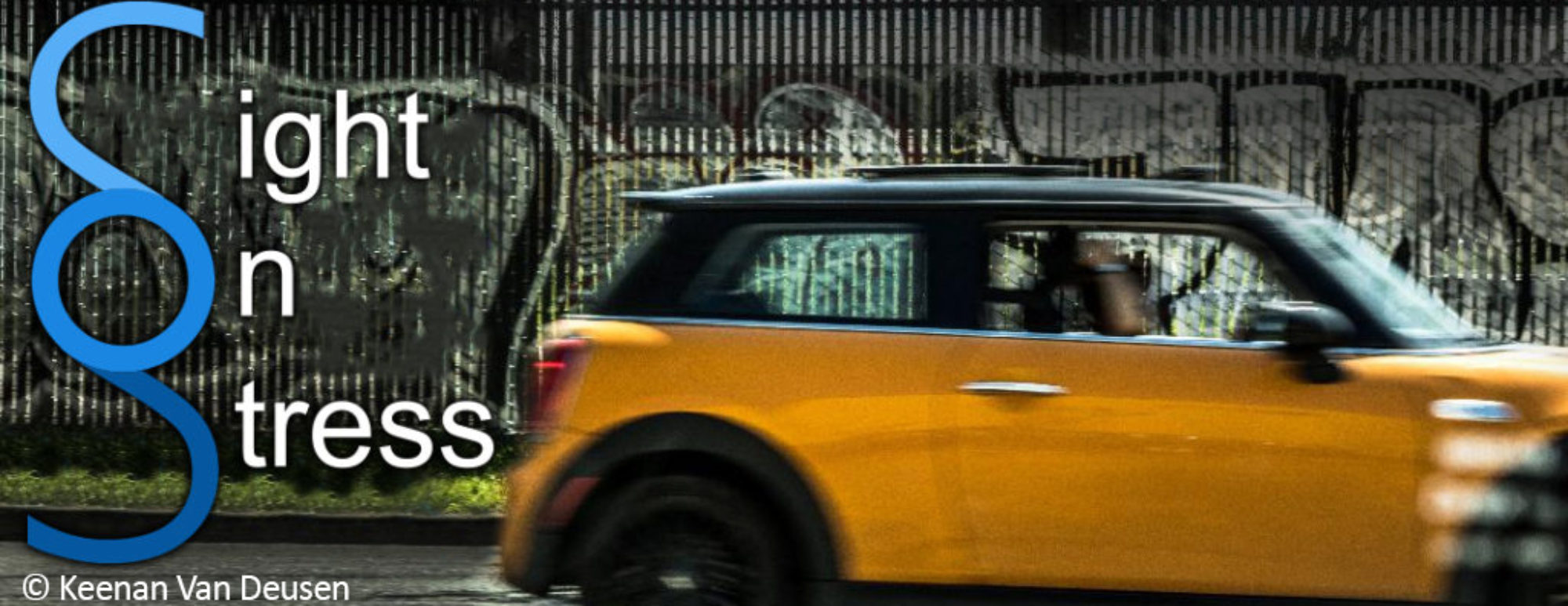
From insomnia to better sleep – Are we trying to hard? Last month, Penelope Green, wrote an article published in the New York Times entitled, Sleep Is the New Status Symbol. In it, Green educated us on the myriad sleep gadgets both on the market and being developed at present.
From expensive eye goggles that use blue-green light to reset your body clock (isn’t blue light supposed to keep one awake?) to a reportedly cumbersome headband that produces sound waves to make you sleepy, sleep products are being researched and invented in rapid numbers.
I found it interesting that, after experimenting with many of the gadgets and downloadable sleep aids, what helped Green sleep the best was a live, professionally guided, group sleep meditation.
While the jury is still out on whether gadgets or people help people sleep, the question regarding why we are not sleeping has yet to be answered. Green cites the sleep product market valued at $32 billion in 2012, a number that has likely increased since. C Stamulous of Harvard Medical School estimated in 2015 that America spent roughly one billion dollars on sleep related expenses, including doctor’s visits, money lost from sick days and so on.
These figures may actually be conservative given the fact that many health issues people seek medical help for may, indeed, be caused by sleep loss.
If we could understand the causes of sleeplessness and actually apply cures vs. band aids, investors and entrepreneurs endeavoring to find the magic of Sleeping Beauty may actually focus on life’s bigger problems, such as global warming or world hunger.
Don’t get me wrong. I’m fascinated with and have tried many of the cited gadgets myself and some of the researchers and inventors creating these products are brilliant.
From insomnia to better sleep: Conclusion
I just wonder if we’re all on a wild goose chase, spending money galore, when the answers may be closer than we think…in our lifestyles, diets and/ or the depths of our psyches.
Dr. Van Deusen received her PhD in Clinical Psychology from the California School of Professional Psychology in Los Angeles in 1992. She has cultivated deep knowledge of attachment theory and stress and has worked with various populations over her two and a half decade career. Her practice is in Seattle, Washington. Buy her book Stressed in the U.S.: 12 Tools to Tackle Anxiety, Loneliness, Tech-Addiction and More here

